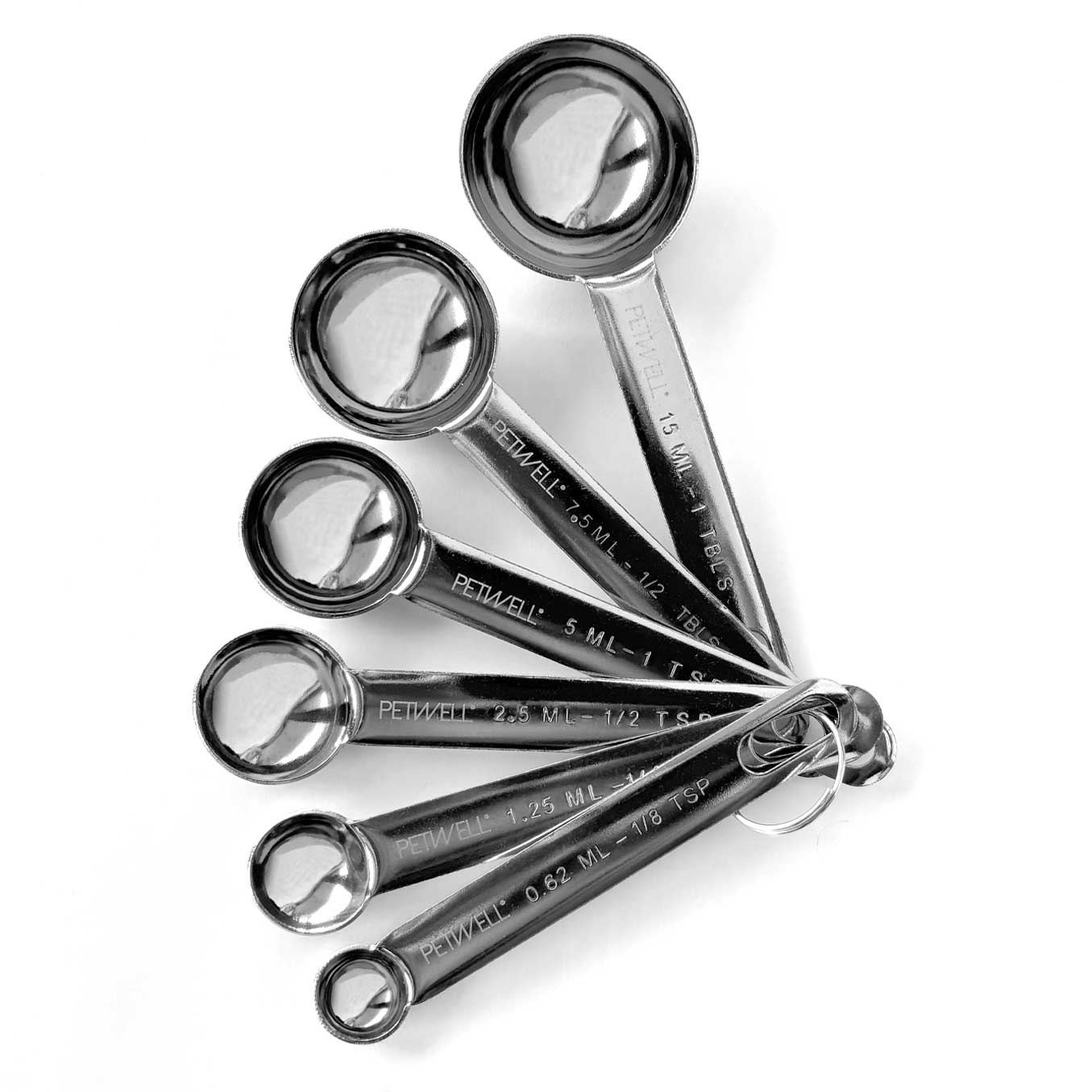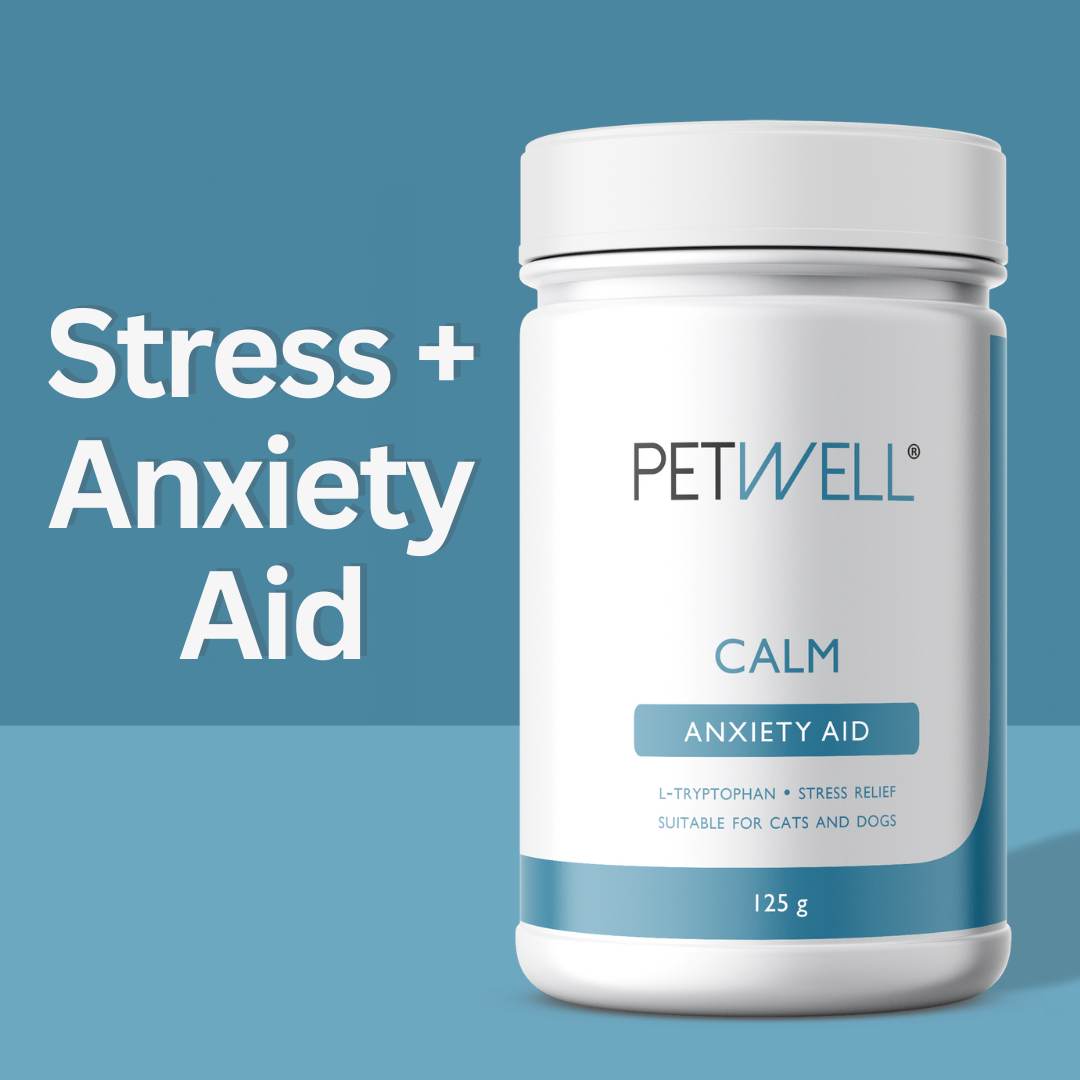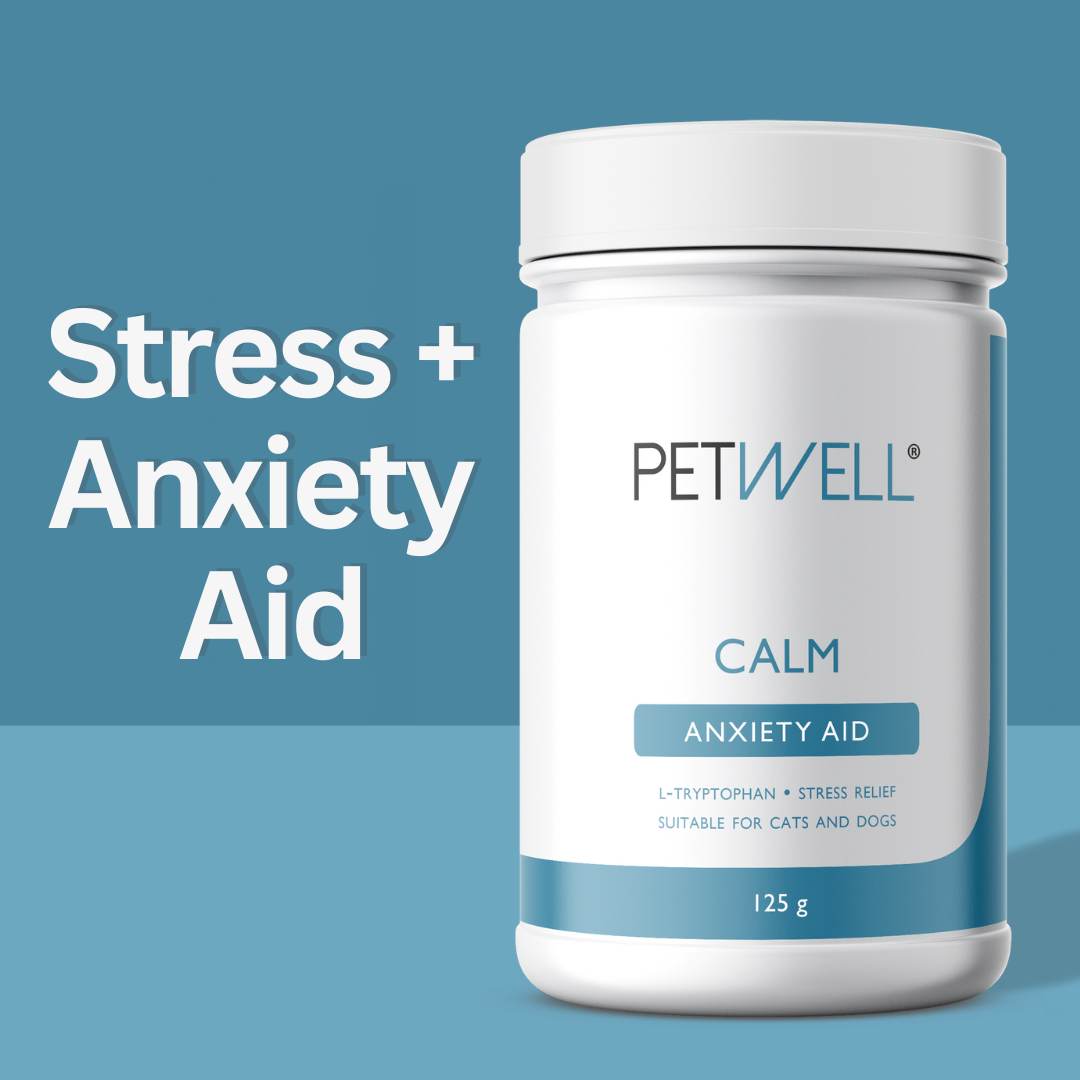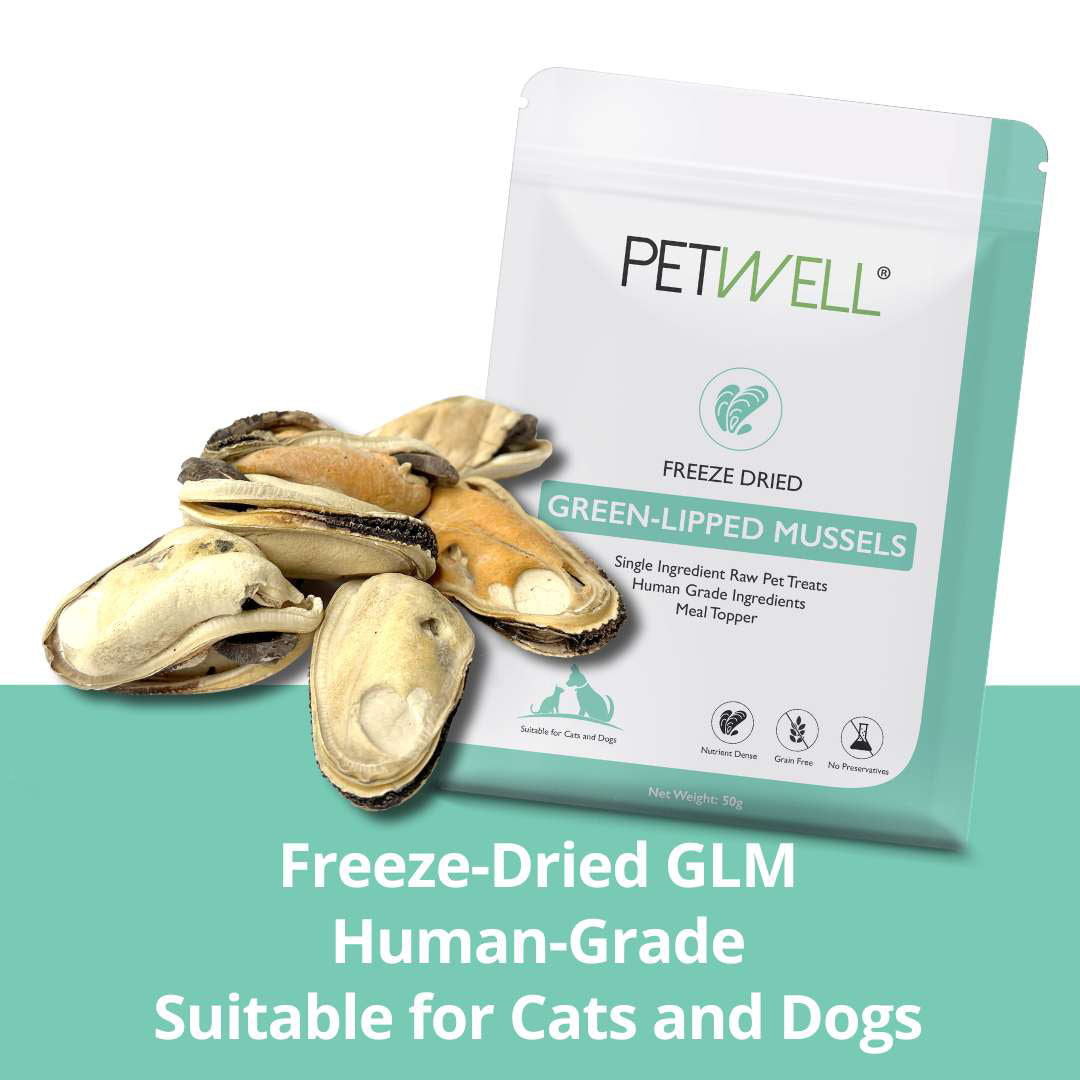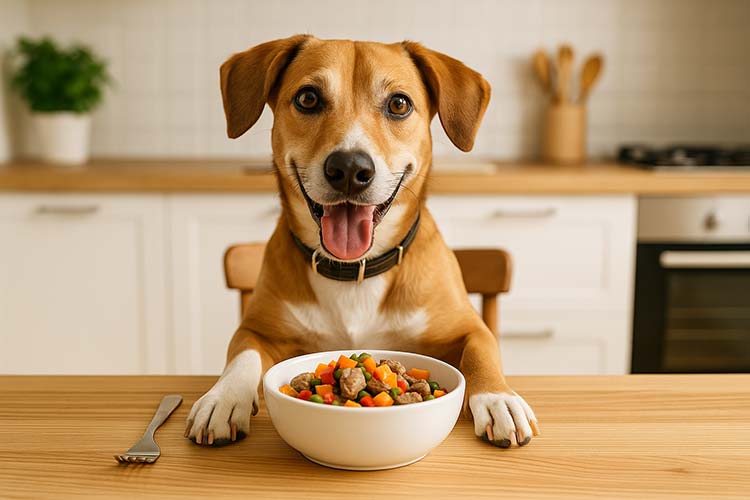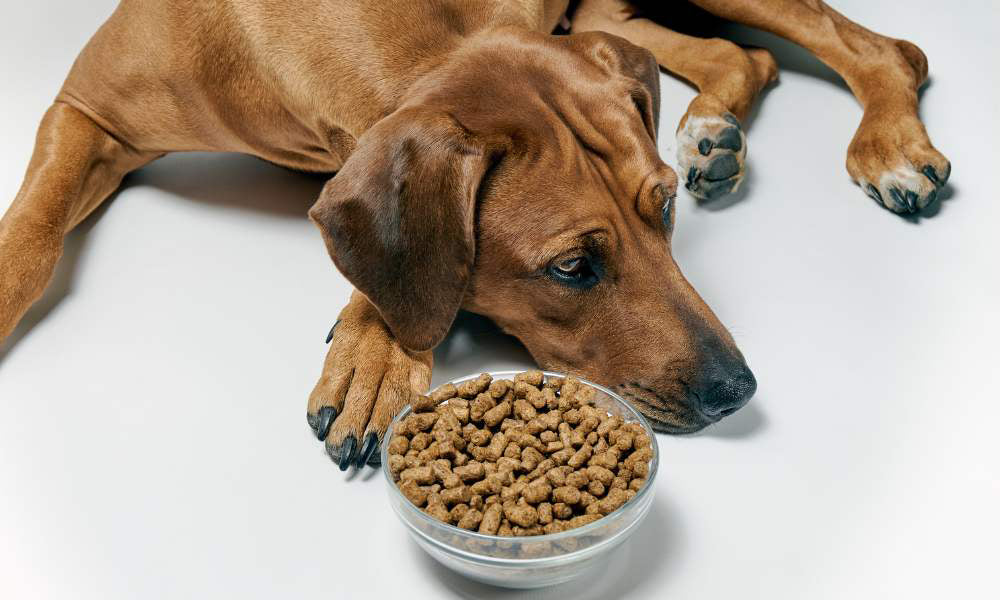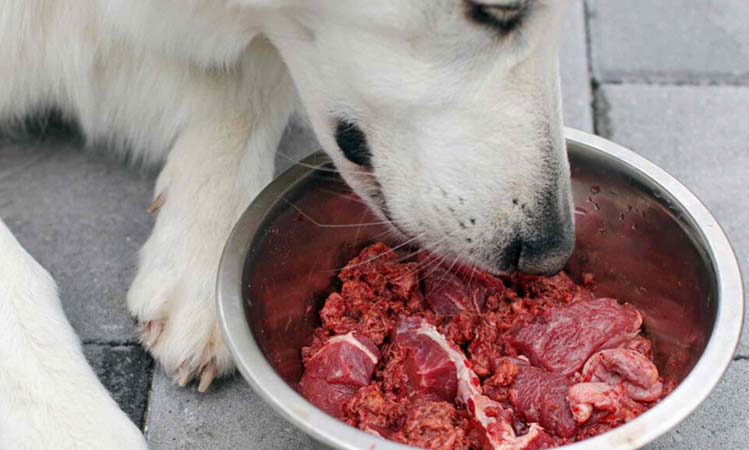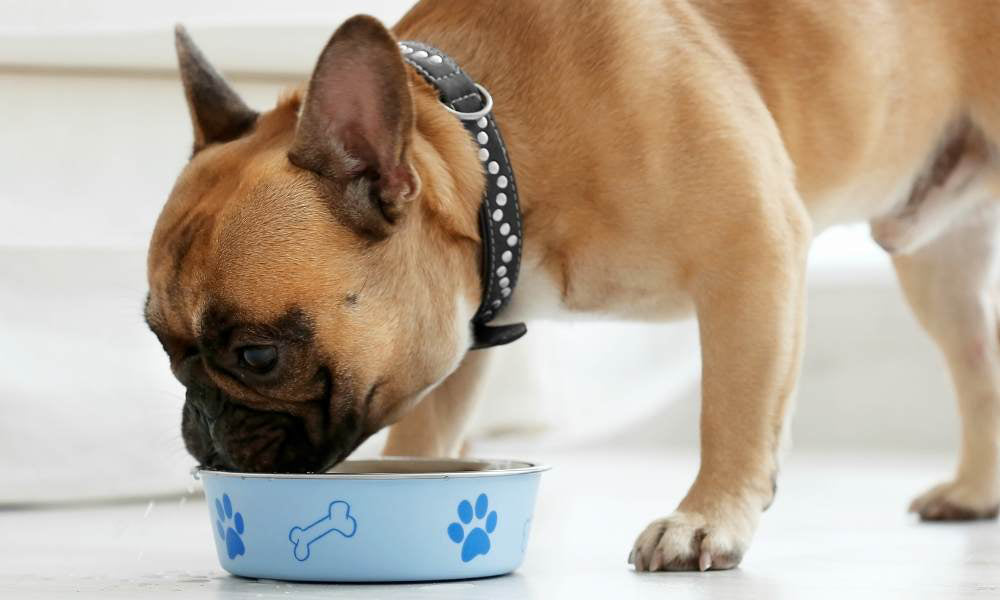Dog anxiety is more common than you might think, and it can significantly affect your their health and happiness. Studies show that over 70% of dogs suffer anxiety at some stage of their lives.
Understanding what causes anxiety, how it manifests, and how to manage it can improve your dog's quality of life. In this comprehensive guide, we cover everything you need to know about dog anxiety and actionable steps to help your dog feel calm and secure.
What Is Dog Anxiety?
Dog anxiety is a condition where your pet feels fear, unease, or stress that can range from mild to severe. While occasional anxiety is normal, chronic anxiety can negatively impact your dog’s well-being.
Why Do Some Dogs Experience Anxiety More Than Others?
Some dogs are more prone to anxiety due to factors like genetics, breed predisposition, and past experiences. Dogs that lack proper socialisation or have faced trauma may also be more susceptible.
How Does Anxiety Impact a Dog’s Health and Behaviour?
Anxiety doesn’t just affect behaviour; it can take a toll on your dog's overall health. Chronic stress can weaken the immune system, lead to digestive issues, and even exacerbate joint problems. That’s why addressing anxiety early is essential.
Common Types of Dog Anxiety
Each type of anxiety has unique triggers and requires specific solutions. Below are the most common forms:
Separation Anxiety
Separation anxiety occurs when a dog becomes distressed when left alone. Learn more about separation anxiety in dogs.
Dogs are pack animals, and being left alone can trigger separation anxiety.
Social Anxiety
Social anxiety occurs when dogs feel nervous around unfamiliar people, other animals or places. Discover how to help dogs with social anxiety.
Noise Anxiety
Dogs with noise anxiety react fearfully to loud sounds like thunder, fireworks, or vacuum cleaners.
Genetic Anxiety Disorder
Some dogs suffer from chronic anxiety without an obvious trigger. This condition requires consistent management and care.
Causes of Anxiety in Dogs
Understanding the root causes of anxiety can help you address it effectively. Common causes include:
- Genetics & Breed Predisposition: Certain breeds, such as Border Collies or German Shepherds, are more likely to experience anxiety due to their high intelligence and energy.
- Past Trauma or Lack of Socialisation: Dogs rescued from neglectful and abusive situations often carry emotional scars.
- Poor Training Methods: Punishment-based training can reinforce fear and anxiety.
- Health-Related Causes: Pain, cognitive decline, or illnesses can contribute to anxiety. Consult your vet if you suspect a medical issue.
Discover more What Causes Anxiety in Dogs?
Signs & Symptoms of Dog Anxiety

Recognising the symptoms of anxiety is the first step in managing it.
Behavioural Signs
- Excessive barking or whining
- Pacing or restlessness
- Destructive chewing or digging
Physical Signs
- Panting, drooling, or trembling
- Dilated pupils
- Changes in posture or tail position
Severe Symptoms
- Aggression toward people or other pets
- Loss of appetite
- Hiding or isolating themselves
Learn more about Dog Anxiety: Signs to Watch for and How to Calm Your Dog
How Anxiety Affects a Dog’s Health & Immune System
Chronic anxiety isn’t just a mental burden—it impacts your dog’s physical health.
- Stress Weakens the Immune System: Prolonged stress suppresses the immune system, making dogs more susceptible to illnesses.
- Increased Risk of Inflammation: Chronic anxiety can lead to inflammatory responses in the body, worsening joint and digestive health.
Learn more about How Anxiety Affects Your Dog’s Immune System - And What to Do
How to Calm an Anxious Dog (Step-by-Step Guide)
Helping your dog feel calm starts with understanding their triggers and creating a supportive environment.
- Identify Triggers: Observe what situations or stimuli make your dog anxious. Is it loud noises, strangers or being left alone?
- Training Techniques: Use desensitisation and counter-conditioning to reduce fear responses.
- Create a Safe Space: Designate a quiet area where your dog can retreat when feeling overwhelmed.
Natural Remedies for Dog Anxiety
Natural solutions can effectively reduce anxiety without harsh chemicals. Here are a few to try:
- Exercise & Mental Stimulation: Regular walks, playtime, and puzzle toys can reduce stress.
- Calming Supplements: Ingredients like L-Tryptophan in chamomile, L-Theanine in greet tea, and lemon balm are known to promote relaxation. PetWell CALM Anxiety Aid supplement for dogs and cats is an excellent option for natural anxiety relief. Read more about how PetWell CALM helps manage dog anxiety naturally.
- Aromatherapy & Music Therapy: Certain scents and soothing music can have a calming effect.
Explore How to Calm Your Dog
The Role of Nutrition in Managing Anxiety
Diet plays a significant role in managing anxiety. Proper nutrition supports your dog’s overall well-being.
- Omega-3s & Amino Acids: Essential for brain health and emotional stability.
- PetWell CALM Functional Treats: Infused with calming ingredients and freeze-dried Lamb Tripe, it’s a delicious way to support anxious dogs.
Training & Behavioural Therapy for Long-Term Relief
Long-term management often requires professional training techniques.
- Desensitisation & Counter-Conditioning: Gradually expose your dog to anxiety triggers in a controlled way.
- Positive Reinforcement: Reward calm behaviour to encourage emotional stability.
The Science behind it
Don’t just take our word for it, here are some evidence-based studies for you to review.
The effects of fear and anxiety on health and lifespan in pet dogs
PetWell CALM Ingredients Research
Disclaimer: The entire contents of PetWell emails and website are not to be taken as medical advice. The team at Pet Squad Pty Ltd trading as PetWell encourages you to make your own pet healthcare decisions based on your research and in partnership with a qualified pet healthcare professional.





